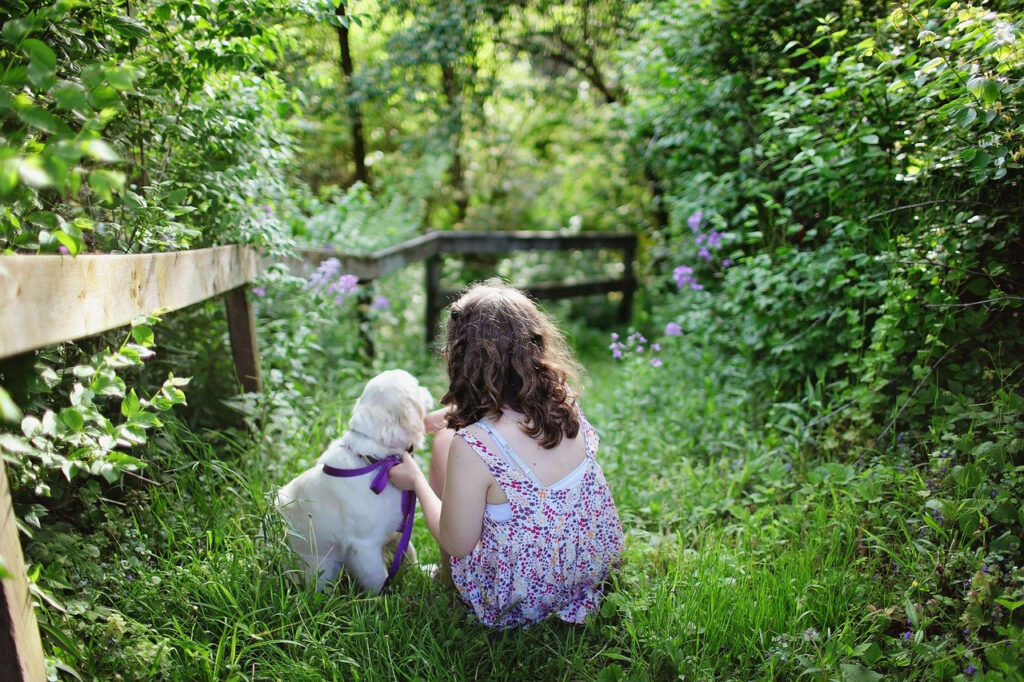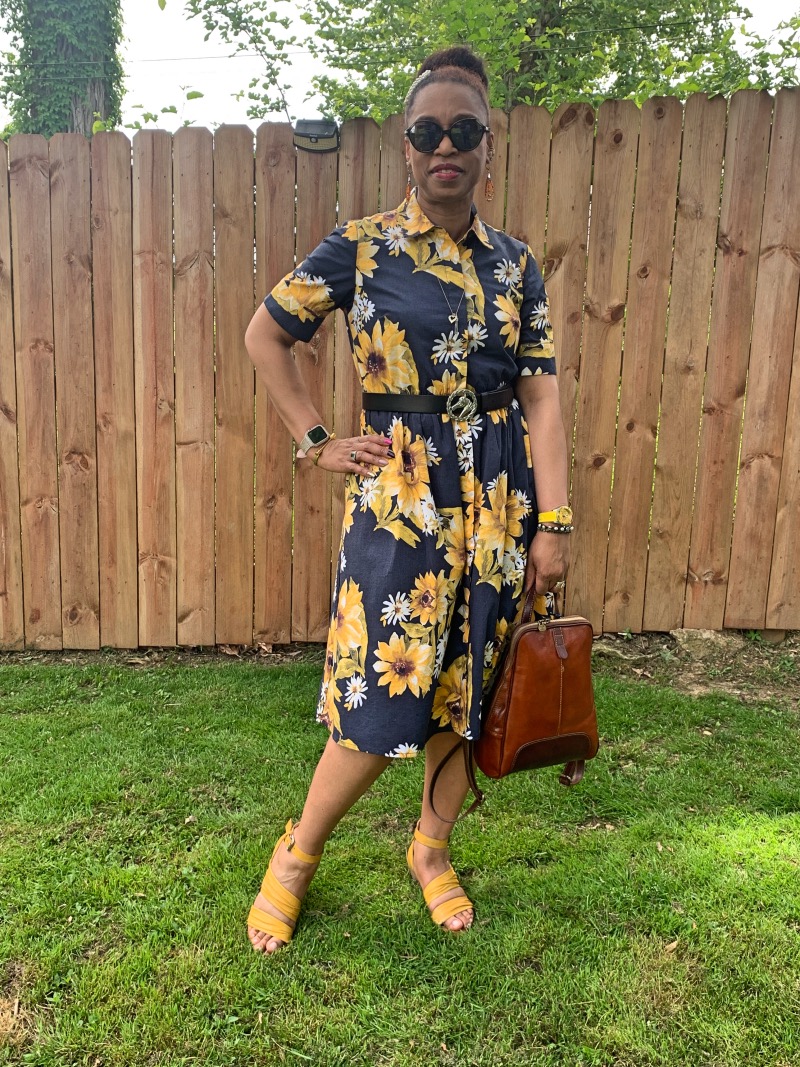If you’ve decided that the time is right to buy a dog to add to the family, it is very important to do a lot of research first, so you can be sure that you are bringing the right dog into your home. If you have young children, this is even more important, as it will be essential for you to prioritize taking on a dog that can behave safely around children. Here’s how you can make sure you choose the right dog to join your family.

Image – free for commercial use
Look Into Child-Friendly Breeds
The temperament of the individual dog is obviously very important if you are bringing a dog into a house with children, but you can start on the right tracking by choosing a breed that is has a reputation of being better with children. You need a dog that will be friendly, patient, tolerant, and good with loud, sudden noise. A playful dog is also likely to do well with young children in the house. Retrievers (especially Golden and Labrador) have always had great reputations as family dogs, thanks to their loyal, devoted, easy-going natures. Newfoundlands, beagles, boxers, and bulldogs also have a reputation for doing well with children.
You should also consider a breed that a child will be able to handle themselves. If you want the children to be the ones who walk the dog, for example, then you shouldn’t choose a large, strong breed, as they won’t be able to control it without your help. You might have always wanted a husky, but this strong dog can’t be walked by a young child. Instead, choose a trainable, smaller breed. Dog harnesses give more control than a standard lead, making these a good option for kids walking dogs. Training also helps to teach your dog to walk well on the lead, so look into puppy training here.
Miniature breeds like toy poodles are not ideal dogs for homes with young children. You don’t want too small a dog, as they may not respond well to the rough play from excited kids and are more likely to be hurt accidentally. A dog that can handle some rough play is a better choice.
Choose A Breed That Suits Your Lifestyle
As well as a dog that will live well with your children, you need to think about choosing a dog that will fit in with the lifestyle of your whole family. If you’re a family who loves to keep active and spend your weekends on activities like walking and cycling, you can take on a more active, energetic dog, like a Collie, as they’ll get the exercise they need. If, however, you’re busier and work long hours, you need a dog that is happier to stay inside alone, like a bulldog. All dogs need a good walk every day, but some breeds need a lot more exercise than others. If you buy a dog that needs hours of exercise every day, and you only have time for a quick walk on a weekday, and a longer walk at the weekend, the dog won’t be happy. Remember that a dog is for life, and needs to fit in with your routine.
How much space do you have available for a dog to run or play in? A large dog won’t fit well into apartment life, for example, and will need a large garden to run around in to keep their energy levels under control. If you have a small house, pick a smaller, less energetic dog, so it won’t take up the entire house or take out all your ornaments when it tries to play.
Consider the climate you live in too. For example, if you live somewhere where the weather is generally hot, you’ll want to avoid a dog with thick fur, like a Newfoundland.
Think About Age
It might seem obvious to get a puppy as your first dog, but if you have very young children in the house, a puppy might not actually be the best choice. Puppies need a lot of care which takes up a lot of time, and they can be a lot more prone to nip small children until the puppy has been properly trained. If you’re already up at night with a baby, you don’t want to add a puppy who cries at night too and needs hours of dedicated training time. Puppies use their teeth in play until they learn that it hurts, so don’t get a puppy if your children will be upset by this.
You also want to avoid very old dogs. They’ll be harder for you to train if they’re set in their ways and will have a lot less patience for the rough and tumble of living with younger children. If the children don’t understand that an older dog doesn’t like loud noise or rough play, you run the risk of the dog becoming agitated or even turning aggressive. You’ll also want to avoid bringing home a dog that is already very old and won’t live very long, to put off the inevitable upset children when the dog dies. With a younger dog, you should get a good few years together before you have to face the problem of losing it.
Choosing a family dog is an important choice. Do your research and get a good idea of the temperament and age you’re looking for, and a shortlist of breeds you think would be suitable. To choose the individual dog, speak to the breeder or rescue you intend to use and discuss your needs with them. Whether you need a small, quiet dog to live in an apartment but can live well with toddlers, or you need an energetic, playful dog to join your teenagers on their daily runs, the breeder or rescue can help to match you to a dog with the right kind age, temperament, personality, and needs. Take their advice and be prepared to learn, so you can give the dog the best possible home.




Follow!